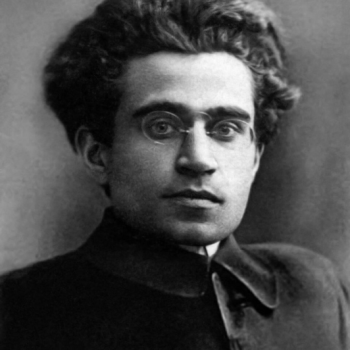Just months before my own wedding, I sat with my mom in the living room of the home I had grown up in, as she explained that divorce was the next exit on the highway of our family’s history. It had been several weeks since she had told me that her and my father’s marriage was in serious trouble. Now, she told me more: They had gotten married way too young, noting that if she could do it all over again, she would have chosen another route for her life, someone other than my father to share life with. . . .
I existed only because my mother and father had become one, creating me out of the abundance of their covenant community. Now, standing amid the debris and shock of the collision that ended their marriage, all this felt up for grabs. If I was through their union, who could I be in their division? If I was because of their coming together, who would I be if they nullified the community that gave me life? Could I be at all? . . .
I offer all this philosophical musing to underscore why divorce—which affects about 40 percent of Americans under age 21 today—is so devastating for young people. Our society assumes in conversation about divorce that the real issues are ones of knowledge and advantage. Popular psychologists and TV talk-show doctors tell us that divorce need not be a big deal as long as children know it’s “not their fault.” Such youth just need to know that Mommy and Daddy are voiding their union for their own reasons, ones that have nothing to do with them.
Further, our university-based number counters tell us that divorce should be prevented because it quickly takes away economic and social capital, so young people need structures and programs to keep them from losing their economic advantages.
God, himself in triune relationship, spoke creation out of nothingness for the sake of relationship. In the same way, in his or her beginning, every child is meant to be welcomed into the beauty of existence through the embrace of mother and father.
I don’t wish to diminish the psychological and economic impact of divorce. But if we truly are relational beings, then divorce is centrally an issue not of psychology nor of economics but of ontology—an issue of our very being. It therefore feels a little like being erased, like losing our being in the deep divide that separates our divorcing parents.
When a young person is informed of her parents’ divorce, it might be that her deepest questions are about her being: How can I be at all now that Mom and Dad aren’t together? Now that they are two, she is unavoidably divided. She has one room at Mom’s and another at Dad’s, one schedule at Dad’s and another at Mom’s. As philosopher Martin Heidegger said, we have our being in our practical way of living, in our actions. And now post-divorce, because this young person’s action and living is divided, so too is her very being. Her parents are seeking to reverse, to go back, to be as if the two never became one. But she can’t do this because she belongs (in the very material of her person that acts with and for them) to both of them.
via Why Divorce Calls Children’s Existence into Question | Christianity Today.
Prof. Root goes on to say how the Church can minister to those who have been put through this crisis of existence. He has written a book on the whole subject: Children of Divorce, The: The Loss of Family as the Loss of Being (Youth, Family, and Culture)












